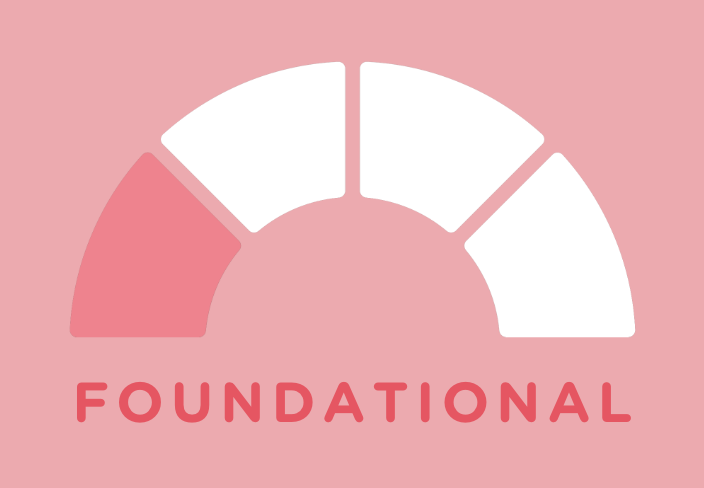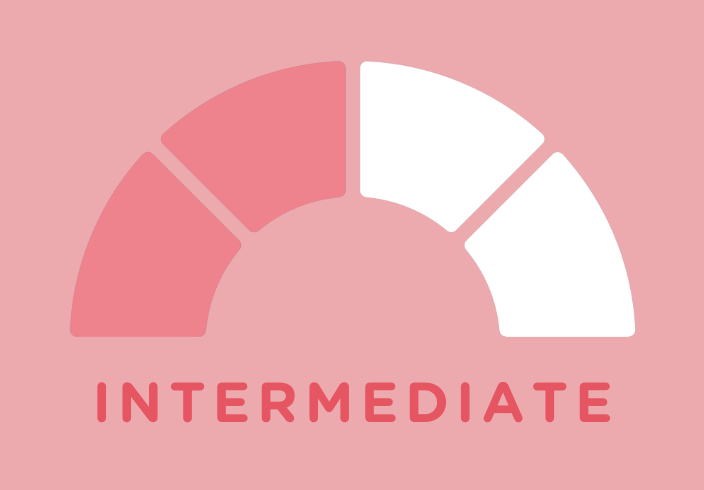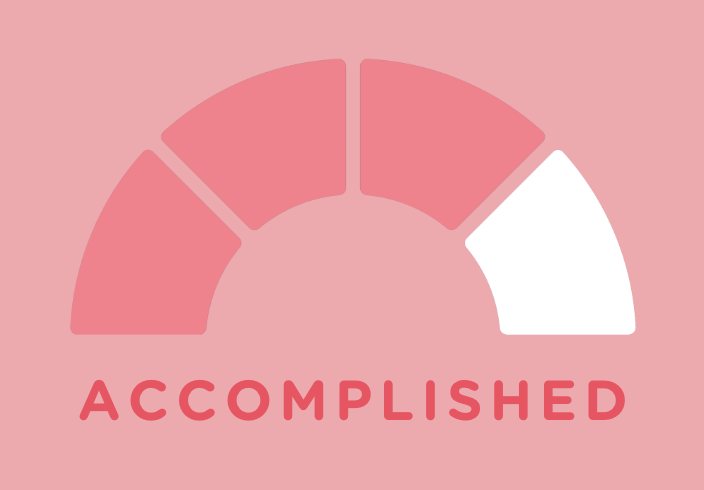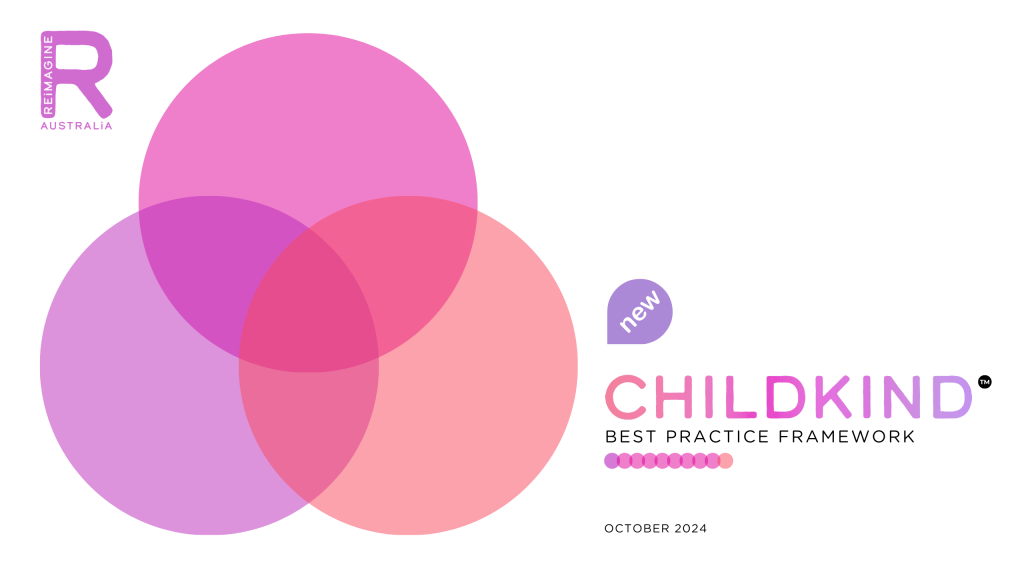KEY COMPETENCY 10.1 – SUPPORT MY TRANSITION
“I will understand what transitions take place in a child’s life and proactively prepare both the child and the family, whilst coordinating with the team around the child.”

Signal Transitions Early is the first competency under the ‘Support My Transition’ Way of Working, and relates to the ‘design and delivery of services and supports‘ phase of the child’s early developmental support journey. It is important for:
Proactive Preparation: Early identification of transitions allows practitioners and families to prepare adequately, reducing anxiety and uncertainty for children facing changes.
Supportive Planning: Timely communication about upcoming transitions enables the development of tailored support plans that address individual needs, ensuring smoother adjustments.
Fostering Resilience: Helping children navigate transitions builds their resilience and adaptability, essential skills for lifelong learning and growth.
Enhanced Collaboration: Engaging families early in the transition process promotes collaboration, ensuring that all stakeholders are aligned and informed.
Transitions are key moments in a child’s life that can significantly impact their development. By signaling transitions early and preparing both the child and family, practitioners help ease the anxiety and uncertainty that can accompany change.
Early preparation for transitions can reduce stress and anxiety for children and families. Research highlights the importance of giving children and families time to adjust to new environments and relationships.
Research and Further Reading:
Bridges, W. (2019). Managing transitions: Making the most of change. Da Capo Lifelong Books.
COMPETENCY MILESTONES

I am able to:
Recognise key transitions in a child’s life, such as starting school or moving to a new environment and acknowledge their potential impact.
Communicate the importance of early preparation for transitions to the child and family.
Support families by providing basic information and resources to help them understand and prepare for upcoming transitions.
Collaborate with colleagues to ensure that transition planning is included in the child’s overall support plan.
Begin conversations early with families about anticipated transitions, ensuring they feel informed and supported.

I am able to:
Identify specific transition points in a child’s life and actively engage in preparing the child and family well in advance.
Provide families with practical tools and strategies to manage transitions smoothly, reducing stress and anxiety.
Coordinate with the child’s support team to ensure a cohesive approach to transition planning, addressing all aspects of the child’s needs.Facilitate meetings or discussions between the family and relevant professionals to create a comprehensive transition plan.
Monitor the child’s and family’s readiness for transitions, adjusting the support provided as necessary to ensure a smooth experience.

I am able to:
Lead the development of detailed transition plans that are tailored to the individual needs of the child and family.
Equip families with in-depth knowledge and resources to navigate complex transitions, such as moving to a new educational setting or adjusting to significant life changes.
Ensure that all members of the child’s support team are aligned and actively contributing to a seamless transition process.
Advocate for the child and family during transitions, ensuring their needs and preferences are prioritised and respected.
Continuously evaluate and refine transition strategies to improve outcomes for the child and family.

I am able to:
Drive the creation of innovative transition programs within the organisation that proactively address common challenges faced by children and families.
Mentor colleagues in effective transition planning, sharing best practices and fostering a culture of proactive support.
Lead efforts to integrate transition planning into all aspects of service delivery, ensuring it is a central focus of child and family support.
Design and implement educational workshops or resources that empower families to handle transitions confidently and independently.
Advocate at an organisational or community level for policies and practices that enhance support for children and families during key life transitions.
Reflection questions are a valuable tool for practitioners, promoting self-awareness, critical thinking, continuous improvement, and stronger relationships in their work with children and families. Below are some reflection questions for Key Competency 10.1: Signal Transitions Early:
Am I identifying transitions early enough to provide adequate preparation for the child and family?
How can I better communicate the importance of transitions to families and team members?
Am I proactive in coordinating the team around the child?

Early preparation for transitions reduces stress and ensures that children and families are ready to face new challenges.
(Bridges, 2019, p. 22).
Access more information on the ChildKind Best Practice Framework with its 10 Ways of Working, 30 Key Competencies and 8 supporting Values and Behaviours here:
